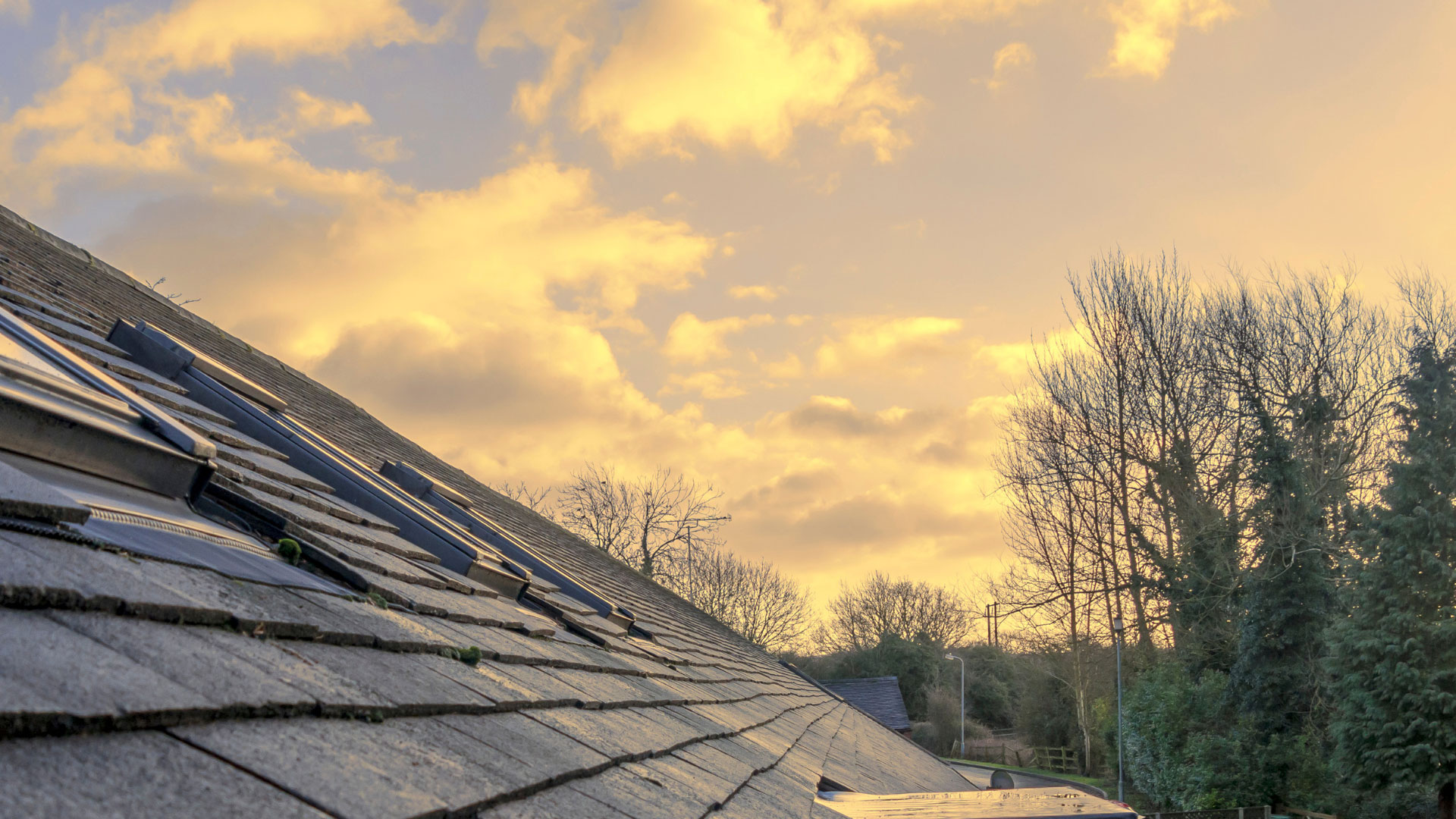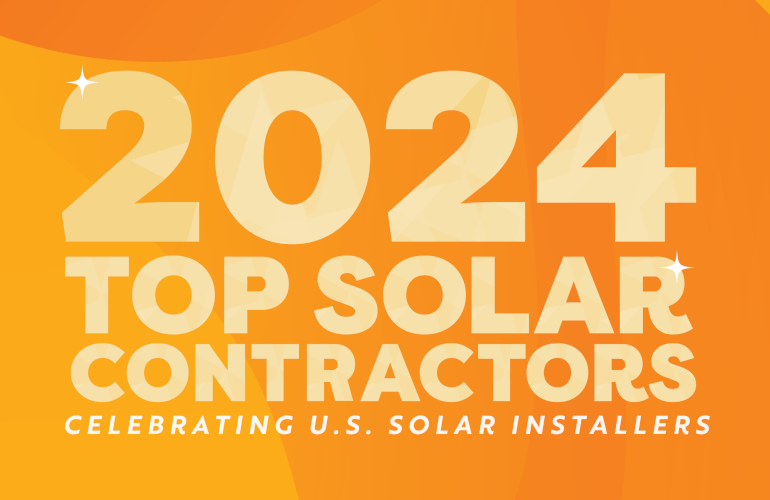The use of solar energy has grown in recent years thanks to the global trend turning to zero-emission energy. In 2021, the use of solar energy accounted for approximately 50% of US generation capacity thanks to the robust demand for clean energy.
In almost every industry, inflation causes an increase in the cost of goods and services. Inflation is also affecting the solar energy sector. It causes stricter monetary policies and increases the cost of raw materials, energy, and freight.
Read on to learn more about how inflation affects solar panel prices.
Soaring Prices of Raw Materials
There has been an increase in the price of raw materials used in producing solar panels, such as polysilicon, metal conduit, silver, PV modules, copper, and aluminum. The price of solar panels is heavily tied to other commodities, as a change in the price of raw materials affects the overall cost of solar panels.
For instance, since the start of 2020, prices of polysilicon, a raw material for solar cells, have quadrupled, putting solar panel projects in jeopardy. When the price of polysilicon heightens, solar panel prices increase.
Stricter Monetary Policies
During inflation, the Federal Reserve places stricter tax policies in an effort to combat the rising inflation. Sequentially, the net effect on the solar energy industry is higher. Market returns decrease while borrowing becomes expensive. For project developers, the uncertainty of facing increased interest rates from banks increases the prices of installing solar panels.
Heightened Electricity Prices and Freight Costs
An increase in electricity and fuel prices affects the overall costs of manufacturing solar panel equipment. Solar energy companies have to spend more on electricity; thus, solar panel prices increase.
On the other hand, during inflation, the shipping costs for solar panels rise. High shipping rates tighten the supply of raw materials for producing solar panels. As a result, solar panel developers will be torn between reducing the margins, increasing the cost of solar electricity, or canceling the projects.
The Good News: The Solar Investment Tax Credit Extension
The lawmakers have come up with relief for the inflation crisis. Through The Inflation Reduction Act of 2022, the government has encouraged the adoption of clean energy technologies.
According to the forecasts, the domestic market is expected to grow 40% by 2027. As a result of the legislation, investments have been made toward clean energy security. The act has provided financial incentives that will encourage the manufacture and deployment of solar technologies locally.
This gives hope to the solar industry as local factories will be given loan guarantees to manufacture raw materials needed for solar panels. Through the Inflation Reduction Act of 2022, energy affordability will be increased. The legislation passed in August 2022 increased the investment tax credit on residential solar installation from 26% to 30%. The cost of installing solar panels just got cheaper thanks to the act.
Solar Optimum Offers More Ways to Save on Solar
Don’t let the sticker price on a new solar system scare you away. At Solar Optimum, we help you see the savings on day one. We regularly offer monthly discounts and bundles and are happy to assist with financing and tax rebates.
If you are a resident of California or Nevada and are considering solar energy, contact us today.







